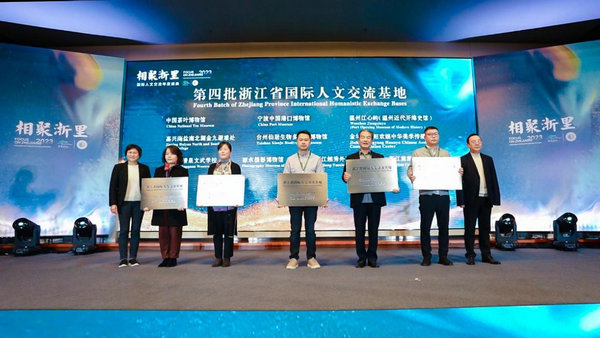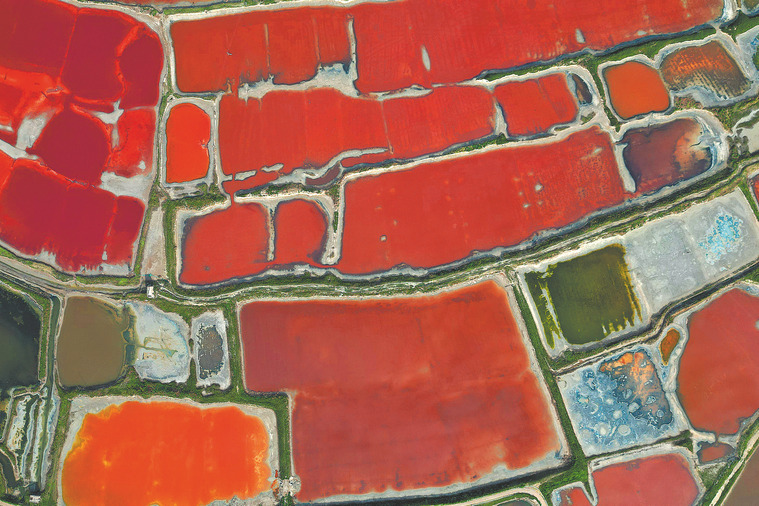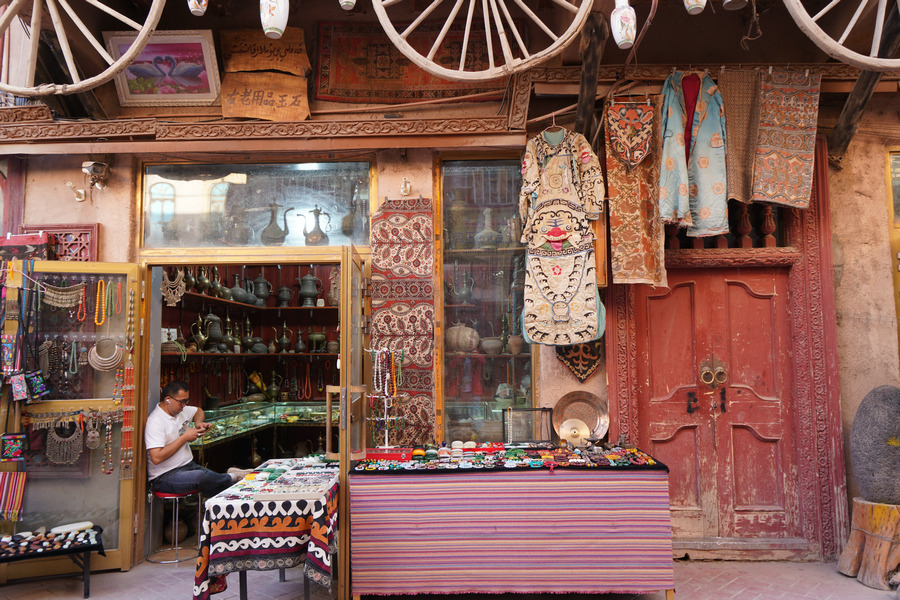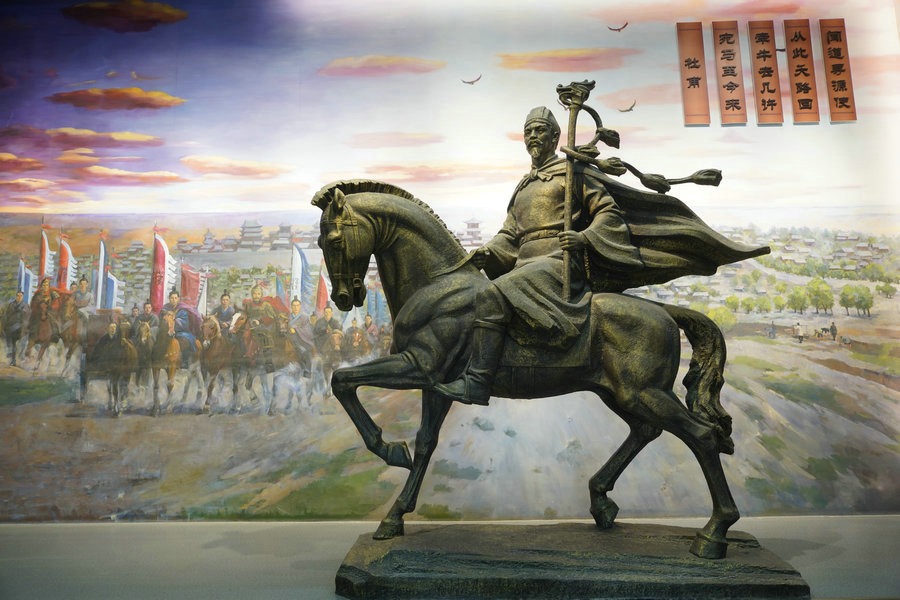Enhancing understanding through humanistic exchanges

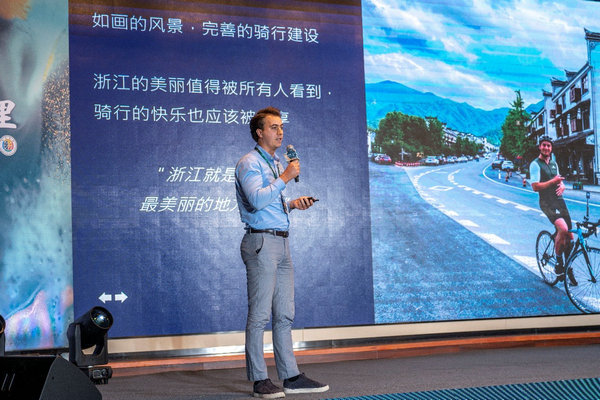
Ten entities were named international humanistic exchange bases at the "Focus on Zhejiang" summit in the provincial capital, Hangzhou, on Dec 12. The summit was co-hosted by the Zhejiang publicity department and the Zhejiang culture and tourism department.
The 10 bases include the China National Tea Museum and the China Port Museum, and bring the total number of such bases to 42 across the province, according to the authorities.
"The purpose of creating international humanistic exchanges is to enable the world to better understand China and, at the same time, allow China to have a better understanding of the world," said Lin Wei, deputy dean of Zhejiang University's institute of leisure studies and philosophical research in arts.
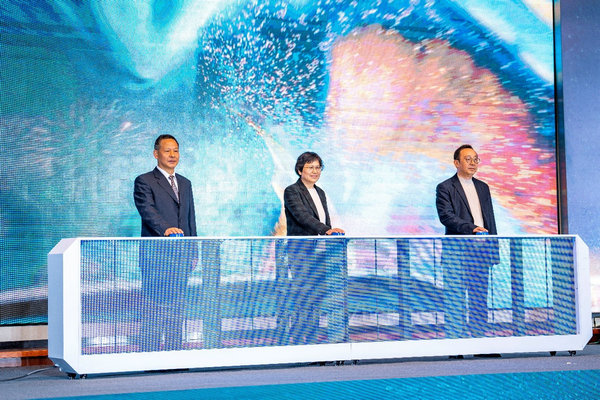
He added that coordinating the relationship between the two is crucial. "Humanistic exchanges serve as the ballast stone for international relations. To attract more people to understand international humanities, those bases need to create a conducive atmosphere through various means and forms, showcasing Chinese culture," he said.
Luo Lili, deputy director of the province's information office, said Zhejiang not only serves as a crucial window for the world to observe China but also acts as a mirror reflecting China's perspective on the world.
Luo hoped more international friends will explore the beauty of Zhejiang through travel, and more people and culture from Zhejiang can actively engage with the global community to deepen friendships and build consensus.
